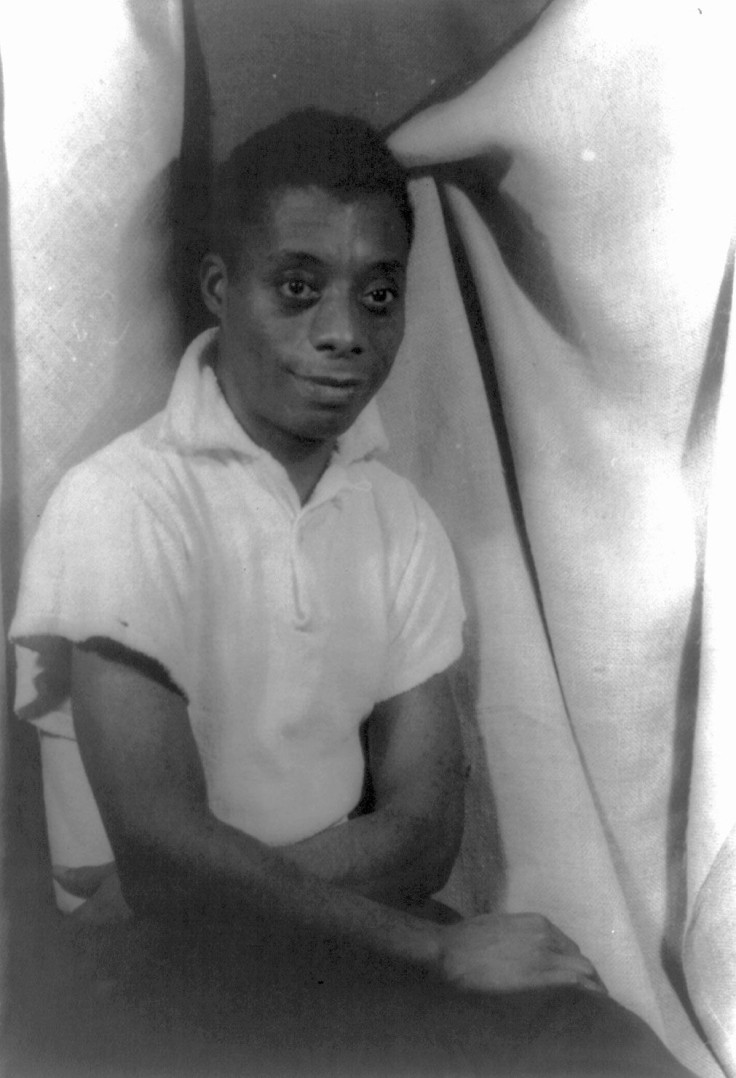Who Is James Baldwin? ‘I Am Not Your Negro’ Documentary Based On Legendary Essayist And Social Critic

“I Am Not Your Negro” is a new documentary film by Oscar-nominated Haitian filmmaker Raoul Peck, officially releasing in the United States Friday after winning accolades at film festivals across the world.
To put together the project, Peck used a thirty-page manuscript written by the legendary African-American author and essayist James Baldwin, based on his personal accounts of the lives and deaths of three of his friends — Medgar Evers, Malcolm X and Martin Luther King, Jr.
Baldwin was never able to finish the project, titled “Remember This House,” and died in 1987. For the documentary, Peck has used his creative genius to take the story further by envisioning how the book would have turned out.
Here is all you need to know about the man who is the inspiration for this documentary, which features a narration by actor Samuel L. Jackson.
Who was James Baldwin?
Baldwin was one of the greatest African-American writers of the 20th century. The essayist started off by getting small literary pieces and short stories published in national publications as The Nation, Partisan Review and Commentary.
Some of his best known works are the 1953 novel “Go Tell It on the Mountain,” “ Giovanni's Room,” “Another Country” and “Just Above My Head.” He also wrote a number of essays like “Notes of a Native Son” and “The Fire Next Time.”
Early life and struggle
Born Aug. 2, 1924, in Harlem, New York, to a single mother, Baldwin’s early years showed the influence of his stepfather David Baldwin, a Baptist minister whom his mother married when James was three years old.
A prolific writer, Baldwin did not attend college after graduating from high school in 1942, taking on odd jobs to make ends meet and to support his family. It was during this phase that Baldwin experienced discrimination for being African-American, and was routinely turned away from places — something that left a deep impact on the young man.
Baldwin’s stepfather passed way in 1943 and soon after that he moved to Greenwich Village, New York City, which was a hub of creativity and was frequented by artists and writers. In 1945, through author Richard Wright, Baldwin landed a fellowship that helped him stay afloat. Soon after, at the age of 24, he moved to Paris on another fellowship after getting disillusioned by the racial discrimination he had to face in the country of his birth.
Works on race and social injustice
The move to Paris was a turning point in his life and he started to address his personal and racial background more strongly in his work thereafter.
“Once I found myself on the other side of the ocean, I see where I came from very clearly...I am the grandson of a slave, and I am a writer. I must deal with both,” Baldwin once reportedly told the New York Times.
Dividing his time between France and the U.S., the writer used his own life to document the realities of race in the country. Despite not being a traditional activist, Baldwin emerged as a major influence on the Civil Rights Movement with his work on race like “Notes of a Native Son” and “Nobody Knows My Name: More Notes of a Native Son,” published in 1955 and 1961 respectively.
Sexuality
Baldwin’s time in Harlem and Greenwich Village helped him come to terms with his homosexuality, which was a taboo subject at the time. He remained open about it and even addressed it through his literary ventures like “Just Above My Head” which was released in 1978.
“If you fall in love with a boy, you fall in love with a boy,” Baldwin reportedly said in a 1969 interview.
The author, who had become a vociferous critic of racial discrimination in the U.S. at the time, died on Dec. 1, 1987, in St. Paul de Vence, France.
© Copyright IBTimes 2025. All rights reserved.






















